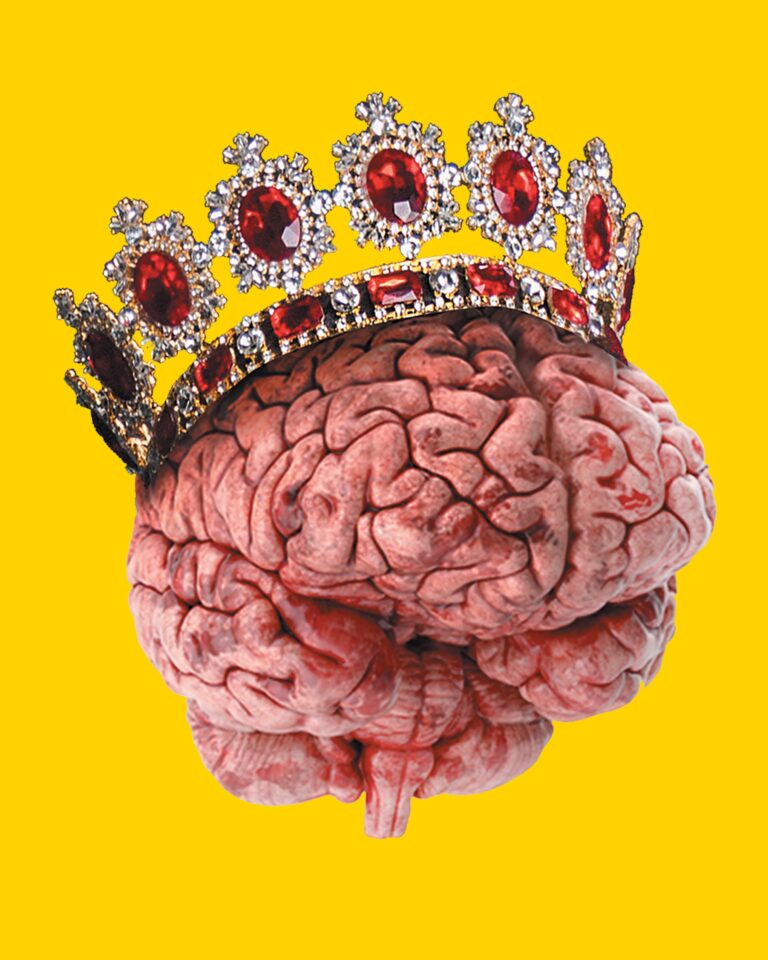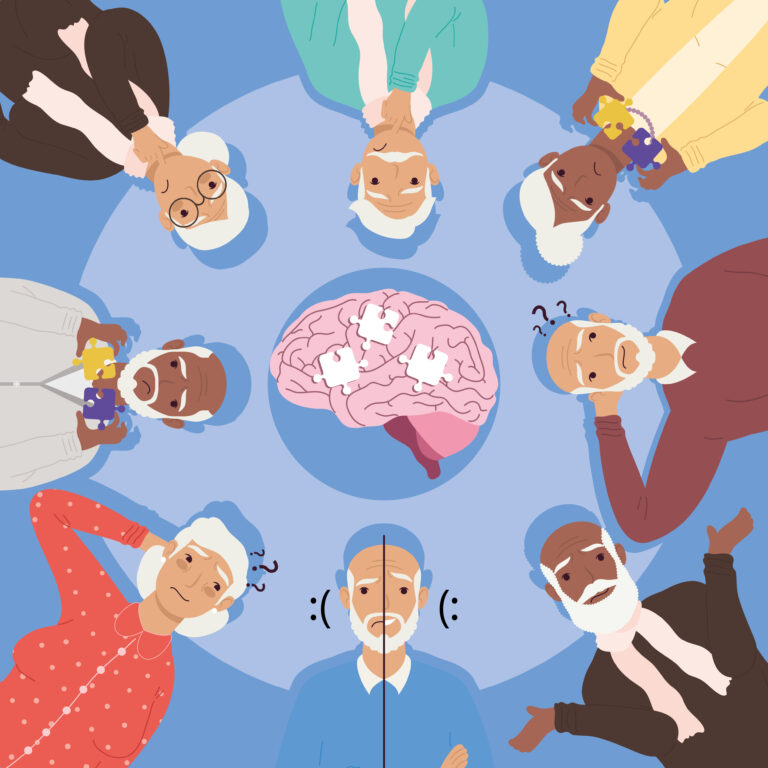Understanding and Managing Weight Loss in Advanced Dementia
Weight loss is a common issue for people with advanced dementia. It is estimated that about 40% of individuals with severe Alzheimer’s disease experience significant weight loss. This can be due to several factors, including difficulty in eating, swallowing, and digesting food, as well as changes in appetite and metabolism. Additionally, vision problems can make it hard for them to see their food, which can further contribute to weight loss.
### Causes of Weight Loss
1. **Vision Problems**: People with dementia often have vision impairments that can make it difficult to see their food. This can be addressed by using brightly colored plates and utensils. For example, a study known as “The Red Plate Study” found that using red plates increased food intake by 25% in patients with Alzheimer’s, as the contrast between the plate and the food made it easier for them to see what they were eating[1].
2. **Eating Difficulties**: Individuals with dementia may struggle with eating independently, which can lead to inadequate nutrition. They might have trouble using utensils or swallowing, making mealtime challenging.
3. **Appetite Changes**: Dementia can affect appetite and metabolism, leading to reduced interest in food or changes in eating habits.
4. **Medication Side Effects**: Some medications used to treat dementia symptoms can have side effects that reduce appetite or increase metabolism.
### Managing Weight Loss
1. **Nutrition Support**: Ensure that meals are nutritious and easy to eat. Soft, moist foods are often recommended as they are easier to swallow.
2. **Environmental Adjustments**: Use visual aids like brightly colored plates and utensils to help individuals see their food more clearly.
3. **Assistance During Meals**: Provide support during meals by feeding them if necessary or helping them use utensils.
4. **Regular Monitoring**: Keep track of weight changes and consult healthcare professionals for advice on managing weight loss.
5. **Encourage Hydration**: Ensure adequate hydration by offering water frequently throughout the day.
### Support for Caregivers
Caregivers play a crucial role in managing weight loss in individuals with dementia. Here are some tips for caregivers:
1. **Person-Centered Care**: Focus on the individual’s needs and preferences, making mealtime a positive experience.
2. **Seek Professional Advice**: Consult with healthcare professionals for personalized advice on nutrition and meal strategies.
3. **Community Support**: Join support groups or seek advice from organizations that specialize in dementia care to learn more about managing weight loss and other challenges associated with dementia.
By understanding the causes of weight loss and implementing effective management strategies, caregivers can help improve the quality of life for individuals with advanced dementia.





